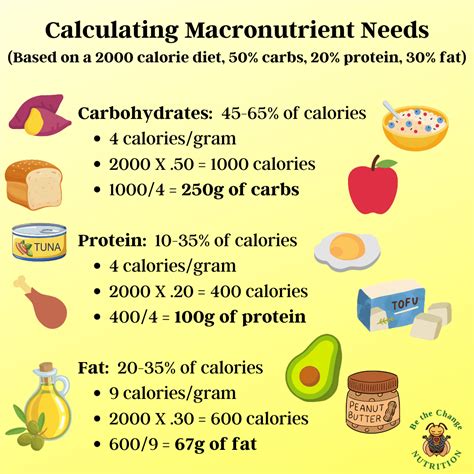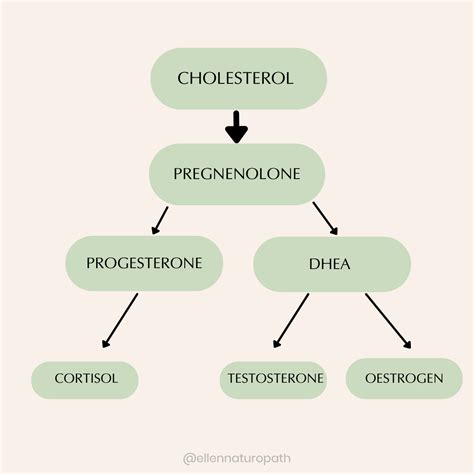What macronutrient ratio best fuels sustained energy & muscle recovery for peak male performance?

Understanding Macronutrients for Male Performance
For men striving for peak physical and mental performance, the strategic intake of macronutrients – proteins, carbohydrates, and fats – is not merely about calories, but about fueling the body intelligently. The right macronutrient ratio can be the lynchpin for sustained energy, efficient muscle recovery, hormonal balance, and overall athletic prowess. This article delves into how these vital nutrients contribute to male performance and how to tailor their ratios.
Protein: The Foundation for Muscle Growth & Repair
Protein is paramount for men, particularly those engaged in regular physical activity. It provides the amino acids necessary for muscle protein synthesis, repairing damaged muscle tissue after exercise, and building new muscle mass. Beyond muscle, protein also supports enzyme production, hormone regulation, and a strong immune system. Adequate protein intake is key to preventing muscle catabolism (breakdown) and promoting an anabolic state conducive to growth and recovery.

General recommendations for active men range from 1.6 to 2.2 grams of protein per kilogram of body weight per day, or even higher for very intense training or caloric deficits. Sources include lean meats, poultry, fish, eggs, dairy, and plant-based options like legumes and tofu.
Carbohydrates: The Primary Fuel for Sustained Energy
Often misunderstood, carbohydrates are the body’s preferred and most efficient source of energy, especially for high-intensity exercise and brain function. They are broken down into glucose, which fuels muscles and replenishes glycogen stores in the liver and muscles. Without sufficient carbohydrates, the body may turn to protein for energy, hindering muscle recovery and growth.
The type and timing of carbohydrate intake are critical. Complex carbohydrates (whole grains, vegetables, fruits) provide a slow and steady release of energy, perfect for sustained performance. Simple carbohydrates (sugary drinks, refined snacks) offer quick energy but can lead to energy crashes. Post-workout, faster-digesting carbs can help replenish glycogen stores rapidly, aiding recovery.

Fats: Essential for Hormones, Health & Energy Density
Dietary fats are indispensable, playing a crucial role in hormone production (including testosterone), nutrient absorption (fat-soluble vitamins A, D, E, K), insulation, and providing a concentrated source of energy. Healthy fats support joint health, reduce inflammation, and contribute to satiety.
Focus on monounsaturated and polyunsaturated fats found in avocados, nuts, seeds, olive oil, and fatty fish (omega-3s). Saturated fats should be consumed in moderation, while trans fats should be avoided entirely. An adequate intake of healthy fats is vital for maintaining optimal hormonal function, which directly impacts energy, mood, and recovery in men.

Finding Your Optimal Macronutrient Ratio
There is no one-size-fits-all macronutrient ratio, as individual needs vary based on activity level, body composition goals (e.g., muscle gain, fat loss, maintenance), age, and metabolism. However, general guidelines for active men seeking sustained energy and muscle recovery often fall within these ranges:
- Protein: 25-35% of total daily calories
- Carbohydrates: 40-55% of total daily calories
- Fats: 20-30% of total daily calories
For example, a man focused on significant muscle gain might lean towards the higher end of protein and carbohydrates, while someone aiming for fat loss might opt for higher protein and slightly lower carbohydrates, with healthy fats providing satiety.

Practical Application & Timing
Beyond the percentages, timing your macronutrient intake can further optimize performance and recovery. Consuming protein and carbohydrates around your workouts (pre and post) can significantly impact energy levels and recovery rates. A pre-workout meal rich in complex carbs and some protein can fuel your session, while a post-workout meal with fast-acting carbs and quality protein will kickstart the recovery and muscle repair process.
Experimentation and listening to your body are key. Track your food intake and observe how different ratios affect your energy levels, workout performance, recovery, and body composition. Consulting with a registered dietitian or sports nutritionist can provide personalized guidance tailored to your specific goals and physiological needs.

Conclusion
For peak male performance, optimizing your macronutrient ratio is a powerful strategy. By prioritizing adequate protein for muscle repair, smart carbohydrate choices for sustained energy, and healthy fats for hormonal balance and overall health, men can unlock their full potential. Remember that consistency, quality of food sources, and individual adaptation are paramount in achieving and maintaining superior physical and mental fitness.








